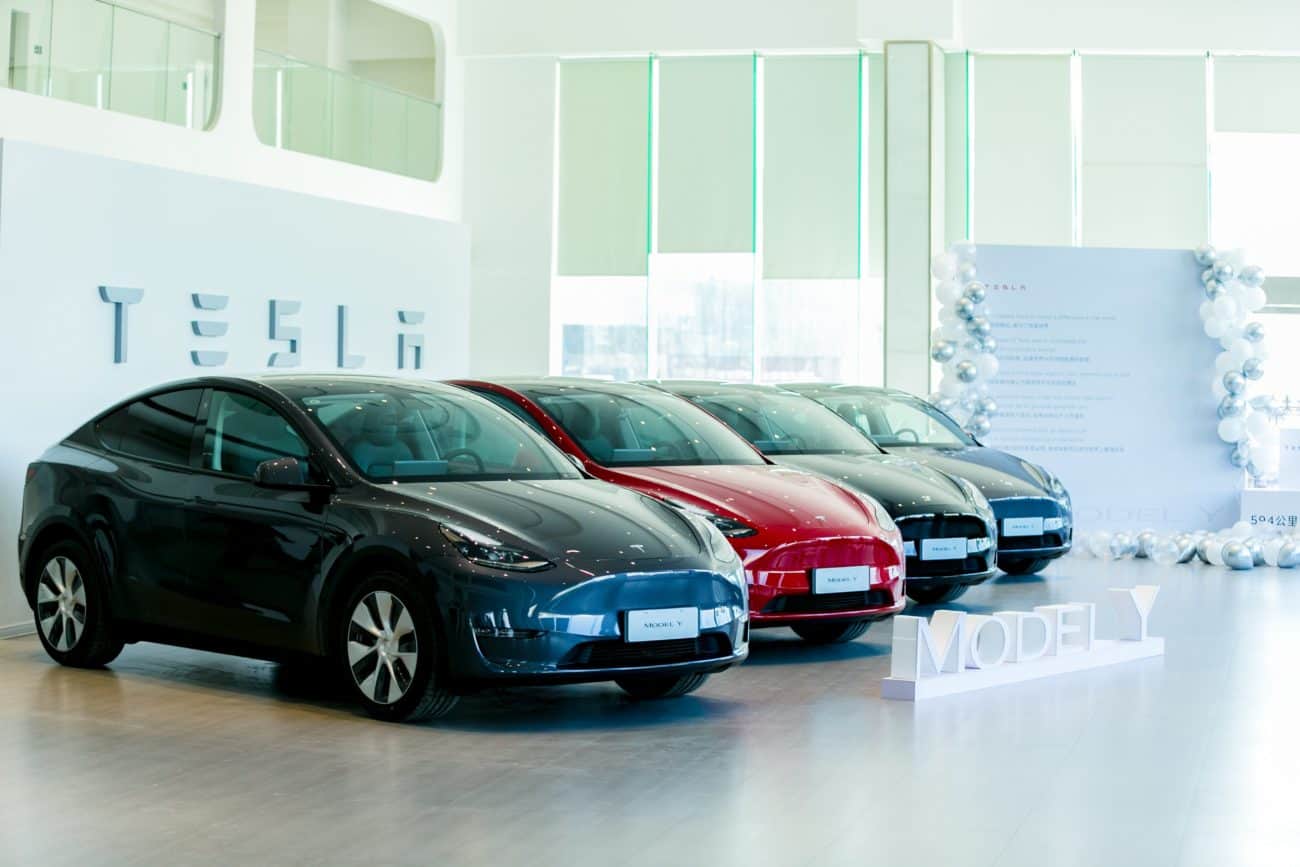We’ve written many times and discussed on our Cleantech Talk podcast the fact that much if not most of the EV battery minerals of the world are mined or at least processed in China. However, it’s also worth noting that China dominates EV sales. Of the 10 best selling plugin vehicles in the world, 8 are Chinese models. The other two are Teslas. But hey, many Teslas are produced and sold in China as well, and we seldom look at where Tesla is getting its batteries and battery materials.
According to a recent report from Nikkei, 39% of the battery material suppliers Tesla uses are Chinese companies. That’s not to say 39% of the battery materials in Tesla batteries come from Chinese — that figure could be 30% or could be 70% (or some other number of course).
According to Nikkei, Tesla has 61 suppliers in the battery category. Also, of note here is how this may effect Tesla consumer incentives in the USA next year. If too much battery material supply is coming from China, the max federal tax credit for Tesla buyers will be $3,750 instead of $7,500.
However, again, we don’t know how many of those battery-industry suppliers are supplying Tesla with components for its Chinese produced and sold vehicles versus vehicles sold in the US or elsewhere.
“Nikkei worked with Tokyo’s Fronteo, which uses an original machine-learning algorithm to find data with specific characteristics, to analyze Tesla’s supply chain,” the Japanese outlet states. “An analysis of public information included in financial statements and press releases using artificial intelligence identified 13,428 companies believed to supply items for Tesla’s EV production down to ‘quinary’ suppliers — those five steps up the supply chain.”
Across the board, for different components of its cars (from nonferrous smelting to inorganic chemistry), Tesla used a large portion of Chinese suppliers. Of course, that can’t come as a surprise when you consider that a huge portion of Tesla’s sales are in China, and those are vehicles produced at its Shanghai factory.
But one thing is clear: no matter how you cut it, Tesla’s success as a company is based on China. It is reliant on the Chinese market as much as any other these days.
Overall, 22% of companies supplying Tesla were identified as US companies and 17% were identified as Chinese companies.
“Chinese companies that were found to be vital suppliers for Tesla included Ganfeng Lithium, a major maker of lithium products, with a chokepoint score of 6.8. Novoray, a major producer of inorganic compounds, scored 7.1, while Zhejiang Huayou Cobalt, which makes cobalt materials, rated at 5.7,” Nikkei writes. “An analysis of the shareholders of these companies shows Novoray and Huayou Cobalt are under the influence of China’s government, which indirectly owns 9% and 12% of their shares, respectively.”
Naturally, with China so centrally controlled, that puts a bit of risk on Tesla’s shoulders. As many have been keen to point out over the years, you never really see Elon Musk criticizing China or the Chinese government in any way. That’s very different from how he talks about more democratically elected US government leaders. Don’t expect much to change as Tesla continues to rely on both massive year-over-year growth and heavy reliance on production and sales in China.

